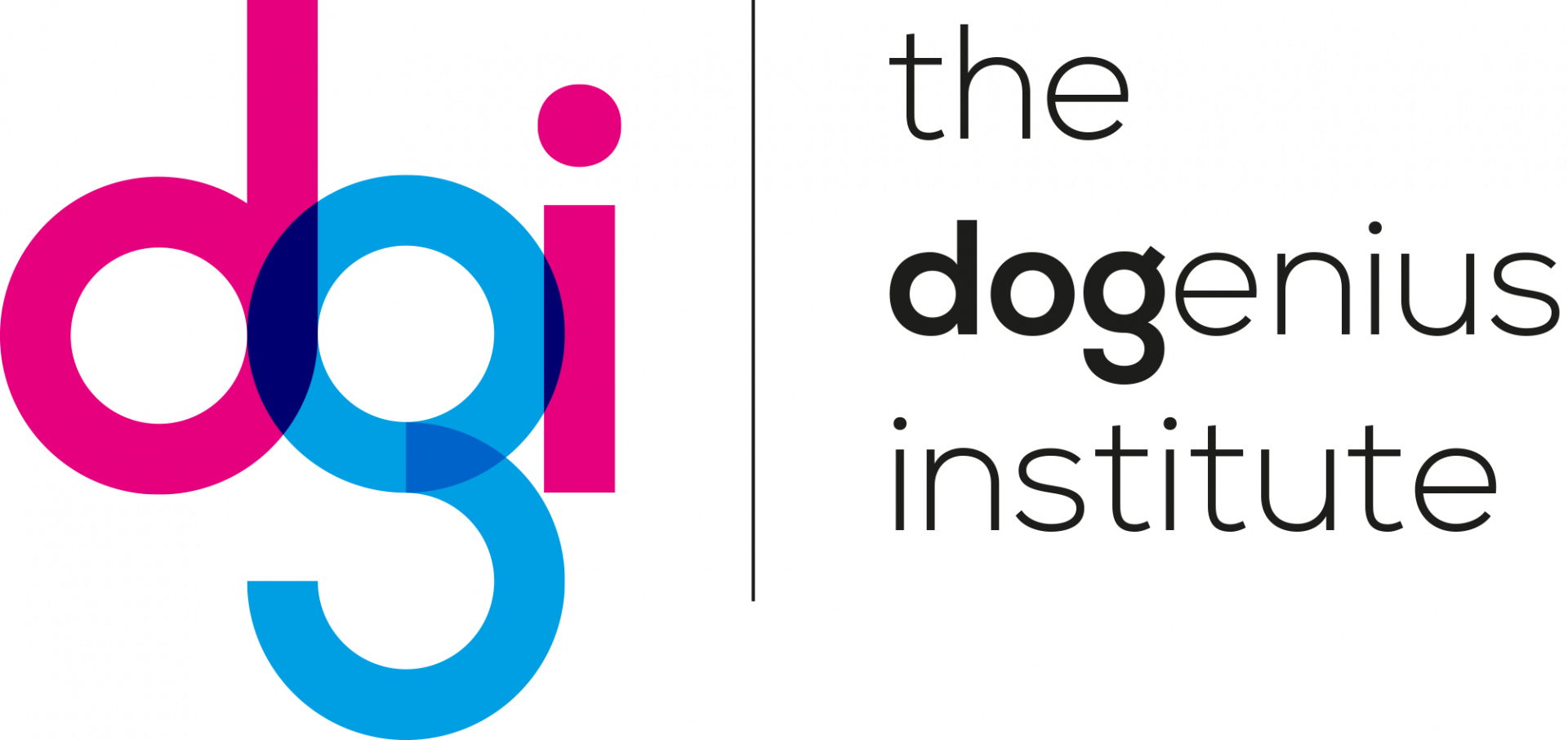The DoGenius Institute Code of Ethics
Purpose:
This Code of Ethics outlines the principles and standards that guide our commitment to animal welfare, professional integrity, and the highest quality of education for dog trainers, behaviourists, and related professionals. All instructors, staff, and students are expected to adhere to these ethical standards to promote humane, science-based practices that prioritise the well-being of animals.
1. Commitment to Animal Welfare
1.1 Humane Treatment:
All courses, materials, and practices taught must prioritise humane and compassionate treatment of animals. This includes the rejection of methods that cause pain, fear, or distress.
1.2 Science-Based Practices:
All training and behavioural techniques taught must be based on current, scientifically validated principles of animal behaviour and welfare. We reject the use of outdated or disproven methods.
1.3 Positive Reinforcement:
We emphasise the use of positive reinforcement techniques and discourage the use of aversive methods, including punishment-based training, shock collars, prong collars, and other harmful tools.
1.4 Respect for Individual Differences:
Recognise and respect each animal’s individuality, considering their unique temperaments, experiences, and needs. Training plans must be adapted to suit the animal’s well-being.
2. Professional Integrity and Responsibility
2.1 Transparency and Honesty:
All marketing, course descriptions, and communications must accurately represent the content, qualifications of instructors, and outcomes. Misleading or exaggerated claims are strictly prohibited.
2.2 Competence and Continuing Education:
Instructors are required to maintain their competence through ongoing education, staying updated on the latest research and best practices in animal training and welfare.
2.3 Student Support and Guidance:
Provide honest feedback, guidance, and support to students. Encourage critical thinking and the development of skills necessary for humane and effective animal interactions.
2.4 Conflict of Interest:
Disclose any potential conflicts of interest, such as affiliations with organisations or products that may influence the objectivity of course content.
3. Respectful and Ethical Teaching Environment
3.1 Inclusive Learning Environment:
Foster an inclusive and respectful learning environment for all students, regardless of background, experience level, or beliefs.
3.2 Respect for All Species:
Encourage respect and empathy for all species, promoting an understanding of animal behaviour that considers both the animal and human perspectives.
3.3 Academic Honesty:
Uphold academic integrity by promoting honesty in all assessments, assignments, and research. Plagiarism, cheating, or any form of academic misconduct is unacceptable.
4. Commitment to Ethical Practice in the Profession
4.1 Animal Welfare Advocacy:
Encourage students and professionals to advocate for animal welfare in their communities and work environments. Support initiatives that aim to improve animal welfare standards globally.
4.2 Client Education:
Emphasise the importance of educating clients about humane, science-based training methods, and encourage them to prioritise their animal’s well-being.
4.3 Professional Conduct:
Maintain professionalism in all interactions with students, clients, and the wider community. Treat all individuals with respect, courtesy, and dignity.
4.4 Confidentiality and Privacy:
Respect the privacy of clients, students, and animals. Information shared during courses or consultations should remain confidential unless consent is given to share for educational purposes.
5. Commitment to Continuous Improvement
5.1 Feedback and Improvement:
Actively seek feedback from students, instructors, and peers to continually improve the quality of education and ensure alignment with the latest ethical and scientific standards.
5.2 Innovation in Education:
Encourage innovation in teaching methods and course design to enhance learning outcomes while maintaining a focus on humane and ethical practices.
5.3 Community Engagement:
Engage with the broader animal welfare community, contributing to discussions, research, and initiatives that promote the humane treatment of animals.
Enforcement and Accountability
Violations of this Code of Ethics will be taken seriously and may result in disciplinary action, including suspension or termination of enrolment or employment. All complaints and concerns will be reviewed promptly and fairly, with a focus on maintaining the highest standards of integrity and animal welfare.
Write your awesome label here.
Copyright © 2026
Subscribe to our newsletter now!
Get weekly updates on live streams, news and more right in your mailbox.
Thank you!
